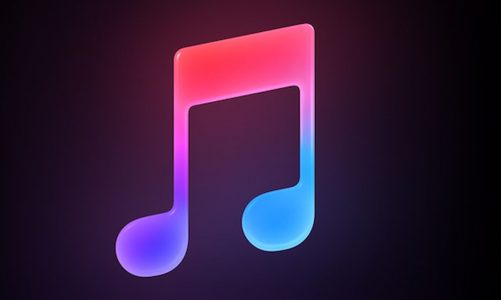Music technology is the study of how music functions and works. Primarily, it includes the study of sound engineering, acoustics, and computer music. It is a subject that encompasses both theoretical and practical use, and this is why there are so many different music technologies that have been developed over the years. It is mainly focused on how music can be reproduced and processed. Music technology covers a wide range of areas, including acoustics, music theory, signal processing, and synthesis, electronic music, audio engineering, digital audio, composition, and the study of musical instruments and their history.
What is Musicology?
The field of study called musicology originated with the study of musical instruments by composers, musicians, and performers. Although musicians are still the main practitioners of musicology, today, most musicology topics are also studied by non-musicians. The field of musicology emerged from classical music. And this includes new music, baroque, jazz, folk music, and rock & roll.
What is Sound Engineering?
Sound engineering is the creation of sound for communicating messages, entertainment, or technical or other purposes. They apply the principles of physics, acoustics, electronics, recording, and communications to design and create sounds. They do this either by recording or transmitting sounds through electronic components or sometimes both.
What is Music Theory?
Music theory is the branch of music formally known as music analysis. It is the study of how to compose, understand, and critically appreciate music. It is divided into several specialized fields, including harmonic theory, rhythm, meter, voice leading, counterpoint, form, texture, and orchestration.
What is Signal Processing?
Signal processing is the study of how computers and electronic devices transform signals (that is, data) into digital information and back again. This includes how the computer transforms data from an analog signal into digital information, how digital information is processed to produce digital information, and how digital information can be produced from analog signals.
What is Digital Audio?
Digital audio (also known as digital audio broadcasting, DAB, digital radio, and digital audio broadcasting DAB or Advanced Audio Distribution System—DAB+) is an umbrella term for efforts to digitalize radio broadcasting. All DAB radio stations broadcast digitally, and almost all DAB+ digital radio receivers are able to receive both DAB and DAB-Plus.
What is Electronic Music?
Electronic music or EDM incorporates electronic elements, usually synthesizers or samplers, into its composition. The electronic genre originated in the 1960s, and even today, it continues to evolve. This music is popular with younger listeners, especially teens. EDM is the genre of music most represented at all major music festivals. It is often characterized by strong beats, repetitive patterns, and vocalized (or sung) elements.
Health Benefits of Music
Music, whether heard or sung, profoundly impacts our mood. Researchers have long known this and have tried to understand how music affects us. We know, for example, that music can enhance athletic performance. A recent study found that exercise performed to music improved strength, speed, and endurance. Music also can energize us. In a study on the effects of music on fatigue, researchers found that listening to a song with an upbeat tempo increased endurance while listening to a mellow tune decreased endurance.
Music technology is the set of sound recording and reproduction methods used to produce, manipulate and reproduce music. The recording industry is primarily responsible for the development of music technology.




